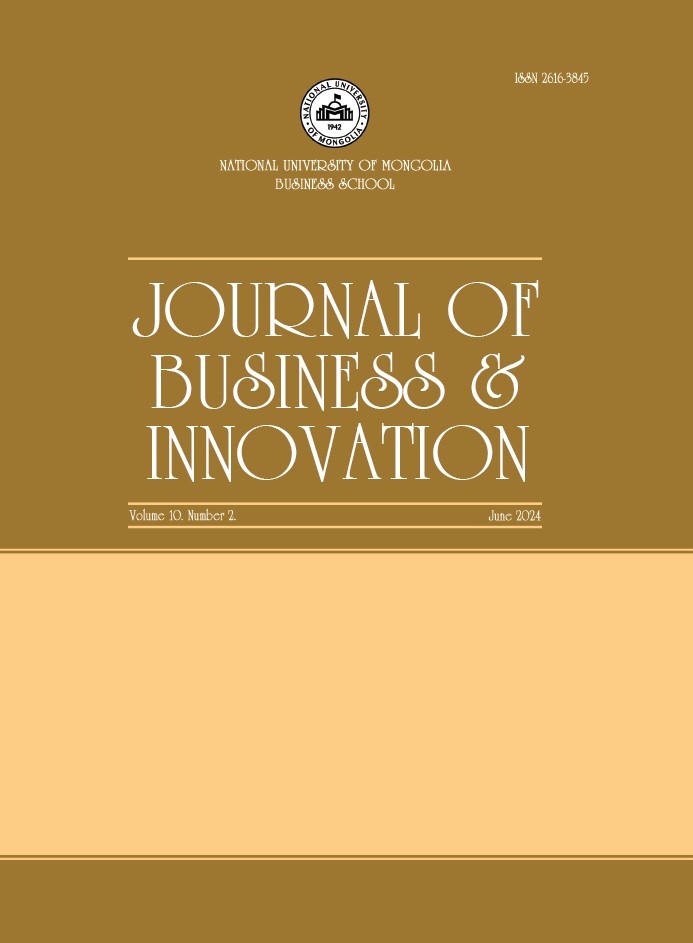THE RELATIONSHIP BETWEEN SELF-ESTEEM AND SUBJECTIVE WELL-BEING (In case of NUM students)
DOI:
https://doi.org/10.22353/jbai.2024100209Keywords:
Self-esteem, subjective well-being, positive affect, negative affect, life satisfactionAbstract
We have examined the relationship between subjective well-being and self-esteem. A total of 237 students aged between 18-19 university students in Mongolia participated in the current study.
This age is an important period in a person’s life. They go through many challenging changes in terms of biology and psychology. They responded to the Rosenberg’ the adolescent and self-esteem scale. Exploratory factor analysis of scales was analyzed via SPSS 23.0 software. The result suggested that the there’s strong correlation between high self-esteem and positive affect. When students’ self-esteem lowers their positive affect declines. There’s slight difference the correlation between high and low self-esteem with life satisfaction. Students with high self-esteem perceive life as good and happy. Even though their self-esteem low they still tend to be happy.





